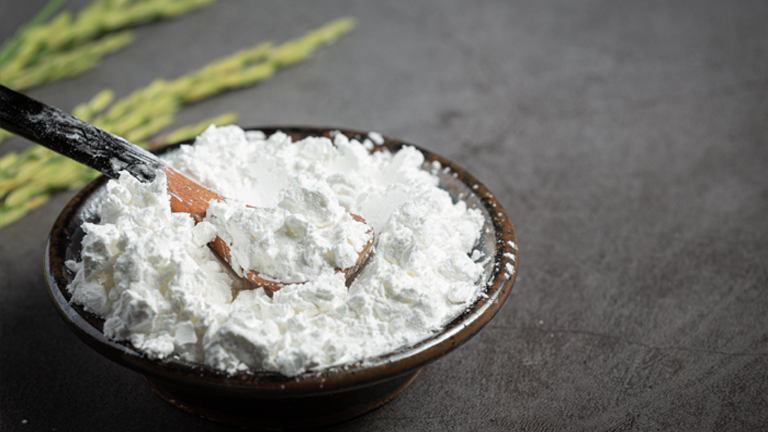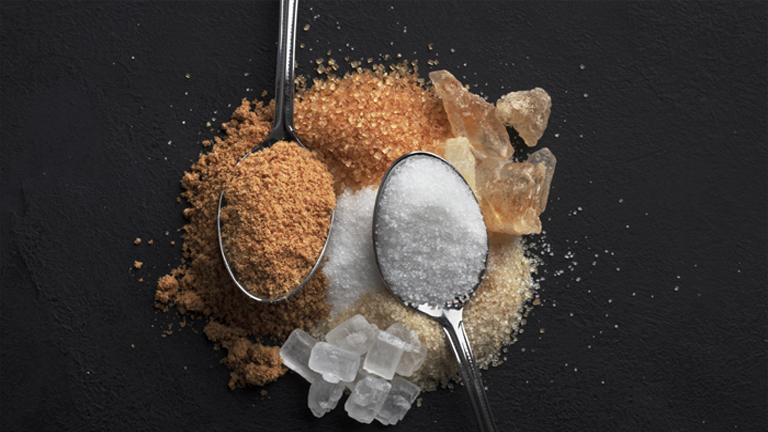Creatine monohydrate is one of the most researched and effective supplements for enhancing athletic performance, muscle growth, and overall health. Used by athletes, bodybuilders, and fitness enthusiasts worldwide, creatine monohydrate has proven benefits backed by decades of scientific studies.
In this comprehensive guide, we’ll explore:
-
What creatine monohydrate is and how it works
-
The science-backed benefits of creatine supplementation
-
Proper dosage and loading phases
-
Potential side effects and safety concerns
-
How it compares to other forms of creatine
-
Frequently asked questions
By the end, you’ll have a clear understanding of why creatine monohydrate is a must-have supplement for anyone serious about fitness.
Must Check: Protein Shakes
What Is Creatine Monohydrate?
Creatine monohydrate is a naturally occurring compound found in muscle cells, primarily in the form of phosphocreatine. It plays a crucial role in energy production, particularly during high-intensity, short-duration activities like weightlifting, sprinting, and explosive movements.
The body produces creatine from amino acids (arginine, glycine, and methionine) and also obtains it from dietary sources like red meat and fish. However, supplementation ensures optimal levels for peak performance.
How Does Creatine Work?
Creatine enhances the production of adenosine triphosphate (ATP), the primary energy currency of cells. During intense exercise, ATP is broken down to release energy. By increasing phosphocreatine stores, creatine helps regenerate ATP faster, allowing for:
-
Increased strength and power output
-
Improved muscle endurance
-
Faster recovery between sets
Science-Backed Benefits of Creatine Monohydrate
1. Boosts Strength and Power Output Creatine Monohydrate
Numerous studies confirm that creatine supplementation significantly improves strength gains, particularly in resistance training. A meta-analysis published in the Journal of Strength and Conditioning Research found that creatine users experienced 5-15% greater strength improvements compared to non-users.
2. Enhances Muscle Growth (Hypertrophy) Creatine Monohydrate
Creatine promotes muscle growth through multiple mechanisms:
-
Increased water retention in muscle cells, leading to a fuller, more pumped appearance.
-
Stimulates protein synthesis by activating pathways like mTOR, crucial for muscle repair.
-
Reduces muscle breakdown by lowering levels of myostatin, a protein that inhibits growth.
3. Improves High-Intensity Exercise Performance Creatine Monohydrate
Athletes in sports requiring short bursts of energy (sprinting, football, basketball) benefit from creatine’s ability to:
-
Enhance sprint performance
-
Increase work capacity during repeated sprints
-
Delay fatigue
4. Supports Brain Health and Cognitive Function Creatine Monohydrate
Emerging research suggests creatine may:
-
Improve memory and reasoning in vegetarians (who have lower baseline creatine levels)
-
Protect against neurodegenerative diseases (Alzheimer’s, Parkinson’s)
-
Reduce mental fatigue during demanding cognitive tasks
5. May Help with Blood Sugar Management
Some studies indicate creatine can improve glucose metabolism, making it beneficial for individuals with insulin resistance or type 2 diabetes.
Creatine Monohydrate Dosage: Loading Phase vs. Maintenance
Loading Phase (Optional but Effective)
-
20g per day (split into 4 doses of 5g) for 5–7 days to saturate muscles quickly.
-
After loading, switch to a maintenance dose of 3–5g daily.
Maintenance Phase (No Loading Required)
-
3–5g per day indefinitely. Muscle saturation occurs in about 28 days without loading.
Best Time to Take Creatine
-
Post-workout (enhances uptake due to increased blood flow).
-
With carbs/protein to improve absorption.
Is Creatine Monohydrate Safe? Debunking Myths
Common Myths:
❌ “Creatine causes kidney damage.” – False. Studies show no adverse effects on kidneys in healthy individuals.
❌ “It leads to dehydration and cramps.” – Actually, creatine may reduce cramping by improving hydration.
❌ “Only men benefit from creatine.” – Women also see significant performance improvements.
Potential Side Effects (Rare & Mild)
-
Bloating/water retention (temporary, subsides after loading).
-
Digestive discomfort (if taken in large doses without enough water).
Creatine Monohydrate vs. Other Forms (HCl, Ethyl Ester, Buffered)
| Type | Pros | Cons |
|---|---|---|
| Monohydrate | Most researched, cost-effective | May cause slight bloating |
| HCl | More soluble, smaller doses needed | Limited research, expensive |
| Ethyl Ester | Marketed as “better absorption” | Less effective, poor stability |
| Buffered | Claims less bloating | No proven advantage over mono |
Conclusion: Stick with creatine monohydrate—it’s the gold standard.
Frequently Asked Questions (FAQs)
1. Do I Need to Cycle Creatine?
No. Creatine can be taken indefinitely without cycling.
2. Should I Take It on Rest Days?
Yes, to maintain muscle saturation.
3. Can Vegetarians Benefit More from Creatine?
Yes, since their dietary intake is lower.
4. Does Caffeine Cancel Out Creatine?
No, but high caffeine may slightly reduce benefits in some individuals.
Final Verdict: Should You Take Creatine Monohydrate?
If you’re looking for a safe, effective, and scientifically proven supplement to boost strength, muscle growth, and exercise performance, creatine monohydrate is a no-brainer. With decades of research supporting its benefits and minimal side effects, it remains the top choice for athletes and fitness enthusiasts.
Start with 3–5g daily, stay consistent, and watch your performance soar!


